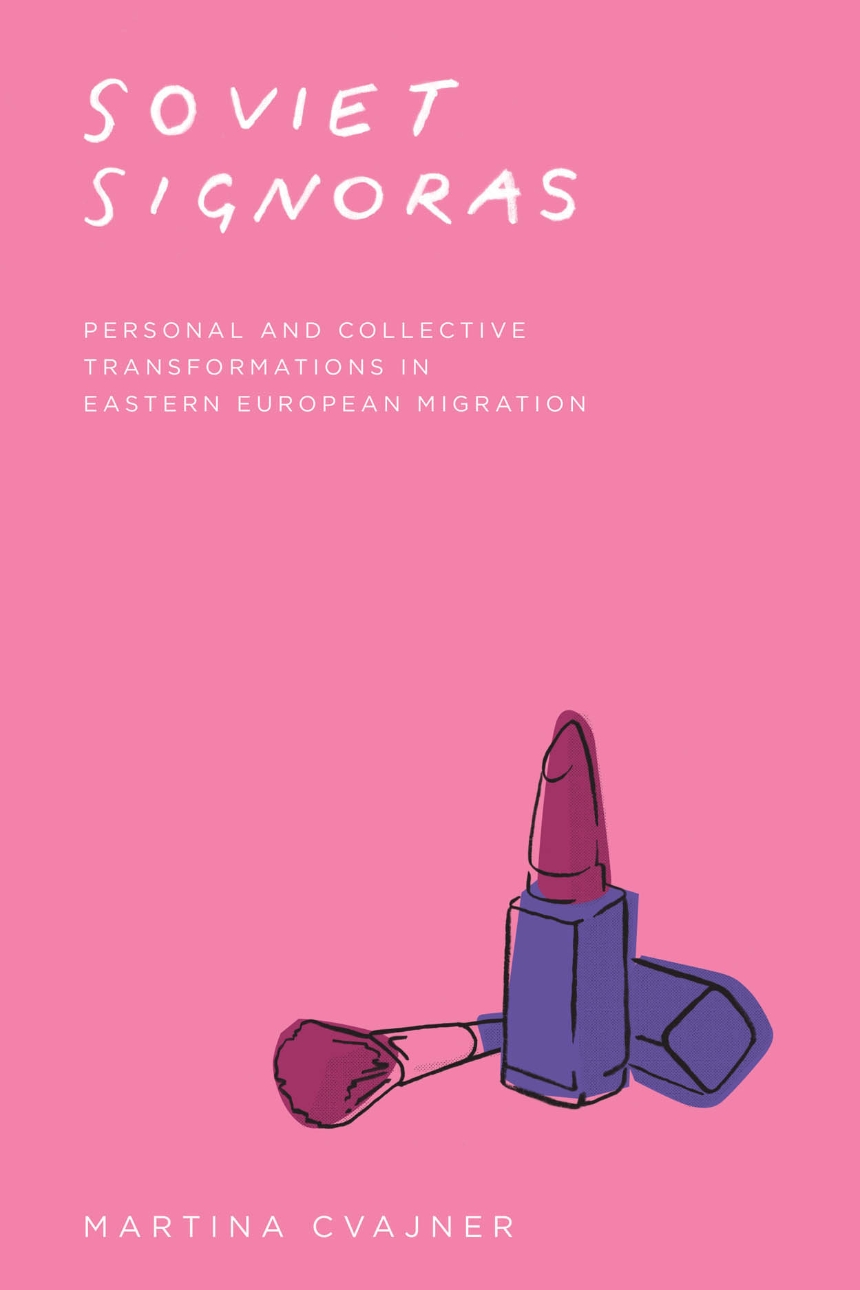Soviet Signoras
Personal and Collective Transformations in Eastern European Migration
Soviet Signoras
Personal and Collective Transformations in Eastern European Migration
Cvajner details the personal and collective changes brought about by the experience of migration for these women: from the first hours arriving in a new country with no friends, relatives, or existing support networks, to later remaking themselves for their new environment. In response to their traumatic displacement, the women of Soviet Signoras—nearly all of whom found work in their new Western homes as elder care givers—refashioned themselves in highly sexualized, materialistic, and intentionally conspicuous ways. Cvajner’s focus on overt sexuality and materialism is far from sensationalist, though. By zeroing in on these elements of personal identity, she reveals previously unexplored sides of the social psychology of migration, coloring our contemporary discussion with complex shades of humanity.
272 pages | 1 halftone, 1 table | 6 x 9 | © 2019
Fieldwork Encounters and Discoveries
Psychology: Social Psychology
Sociology: Occupations, Professions, Work, Social Organization--Stratification, Mobility
Women's Studies:
Reviews
Table of Contents
Introduction
1 A Room of One’s Own: Managing Spaces, Lives, and Laws in Residential Care Work
2 Practicing Abundance: Immigrant Women and the Challenge of Consumption
3 Strong Mothers, Great Lovers: Sexuality in Emigration
4 Getting Serious: Courtship, Love, and (Maybe) Marriage in Emigration
5 Proper, Respectable Places: The Arduous Construction of Community Institutions
Conclusion: From the Detritus of the Soviet Union into a New Social World
Appendix: How I Conducted My Study
Notes
References
Index
Awards
ISA Sociology of Migration Research Committee: Best Book Award
Won
Council for European Studies at Columbia University: Council for European Studies Book Award
Won
International Sociological Association Research Committee 31 Sociology of Migration: RC31 Best Book Award
Won
